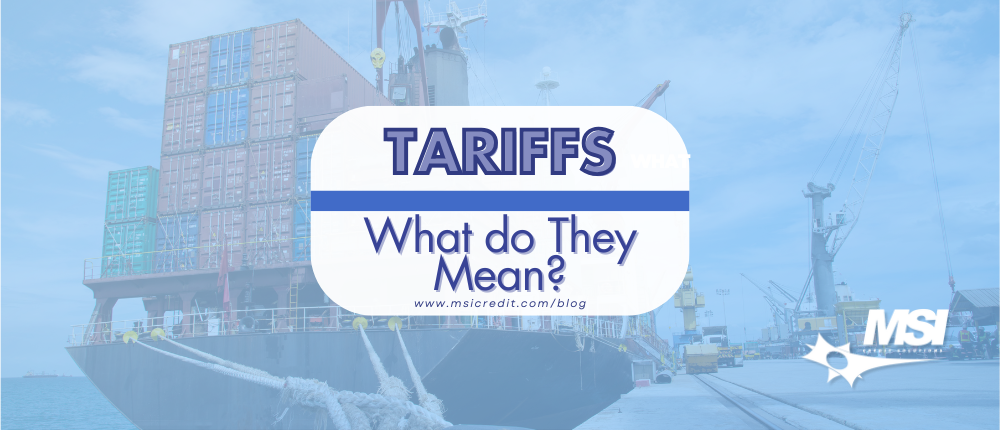Tariffs. The word itself conjures images of complex trade negotiations and economic jargon. But what do tariffs really mean for you, the average consumer? In simple terms, a tariff is a tax imposed on imported goods. Think of it as a surcharge added to the price tag of products coming from another country. For example, imagine your favorite store imports rubber ducks from Duckland. If your country imposes a 20% tariff on those ducks, the store now has to pay an extra 20% for each one. This often translates to higher prices for you, the consumer.
How Tariffs Hit Your Wallet:
The most direct impact of tariffs is often felt in your wallet. When tariffs are imposed, the cost of imported goods increases. This can lead to:
- Higher prices: Importers often pass the increased cost onto consumers, resulting in higher prices for everything from electronics and clothing to groceries and cars.
- Limited choices: If tariffs make imported goods too expensive, some businesses may stop importing them altogether, reducing the variety of products available to consumers.
- Impact on domestic industries: While tariffs are designed to protect domestic industries by making imports more expensive, they can also lead to higher prices for raw materials and components used by domestic manufacturers, ultimately impacting the final price of goods produced domestically.
The Bigger Picture: Global Trade and Economic Growth:
Beyond the individual consumer, tariffs have broader implications for global trade and economic growth.
- Trade wars: Tit-for-tat tariff impositions between countries can escalate into trade wars, disrupting global supply chains and harming economic growth.
- Retaliation: When one country imposes tariffs, other countries may retaliate with their own tariffs, creating a cycle of escalating trade barriers.
- Reduced global trade: Tariffs make international trade more expensive and complex, potentially leading to a decrease in overall trade volume.
- Innovation and competition: Tariffs can stifle innovation and competition by protecting domestic industries from foreign competition.
MSI Wealth Chronicles: What Do Tariffs Mean for You?
Dive deeper into the world of tariffs with our expert insights from MSI Wealth Chronicles
Who Benefits (and Who Doesn’t)?
The impact of tariffs varies depending on the specific industry and country.
- Domestic producers: In some cases, tariffs can benefit domestic producers by making their products more competitive compared to imports.
- Government revenue: Tariffs generate revenue for the government, which can be used to fund various programs.
- Consumers: Consumers are often negatively impacted by tariffs due to higher prices and reduced choices.
- Exporters: Exporters can be negatively impacted if other countries retaliate with tariffs on their products.
Navigating the Tariff Landscape:
Staying informed about tariff policies and their potential impact is crucial. Pay attention to news about trade negotiations and tariff changes. Consider the potential impact on your purchasing decisions and support businesses that prioritize fair trade practices.
Conclusion:
Tariffs are a complex issue with far-reaching consequences. While they can sometimes offer short-term benefits to specific industries, they often lead to higher prices for consumers and can disrupt global trade. Understanding the impact of tariffs is essential for making informed decisions as both a consumer and a global citizen. By staying informed and engaging in constructive dialogue, we can work towards a more open and equitable global trading system.
Feeling the Financial Pinch from Economic Uncertainties?
Tariffs and economic fluctuations can impact your financial health. If you’re struggling with credit challenges or looking to improve your financial standing, MSI Credit Solutions is here to help.
Don’t let economic uncertainties hold you back. Take control of your financial future now!





